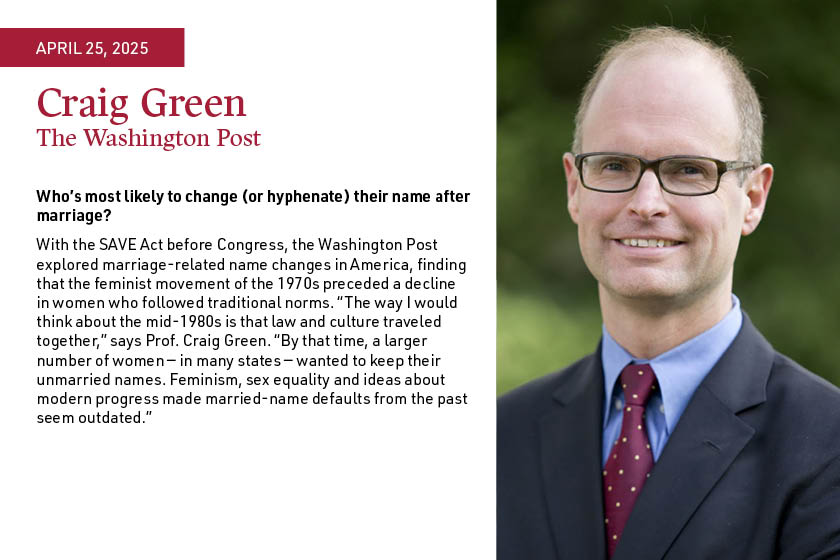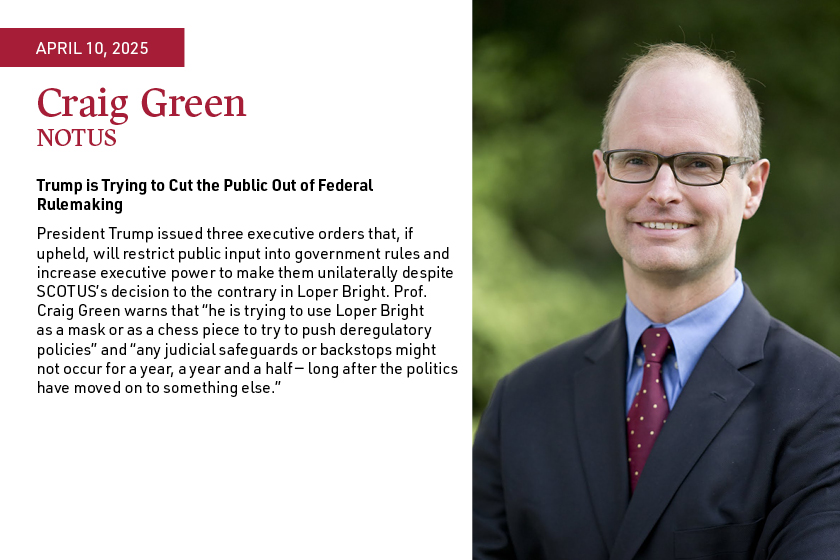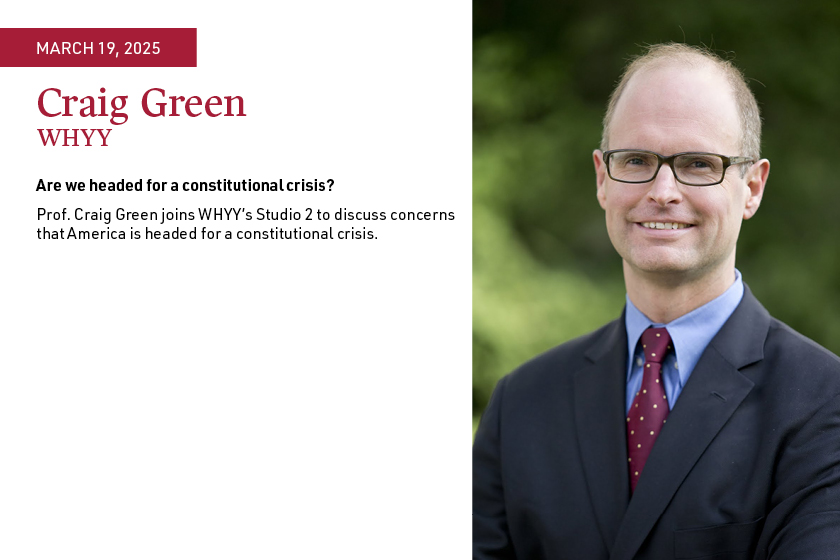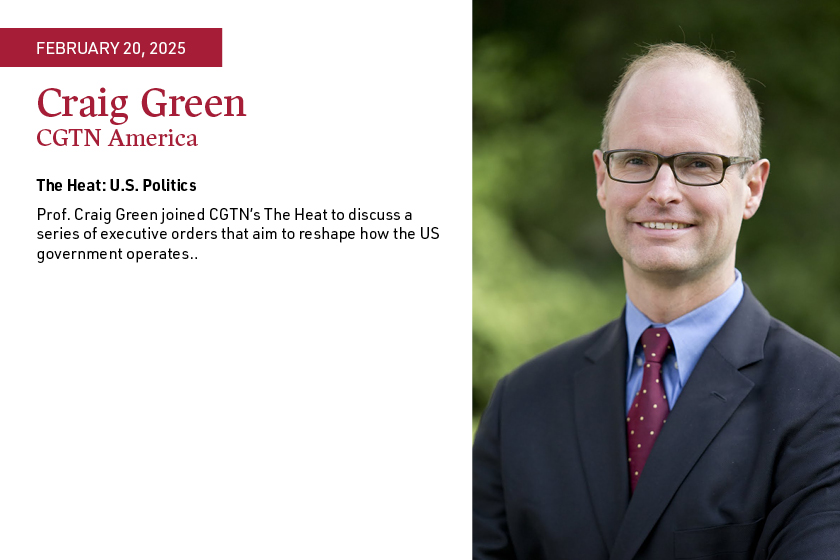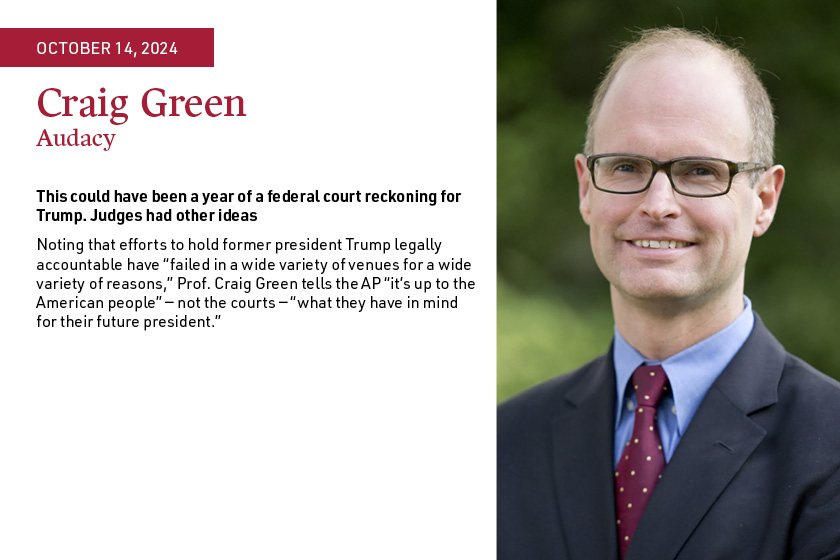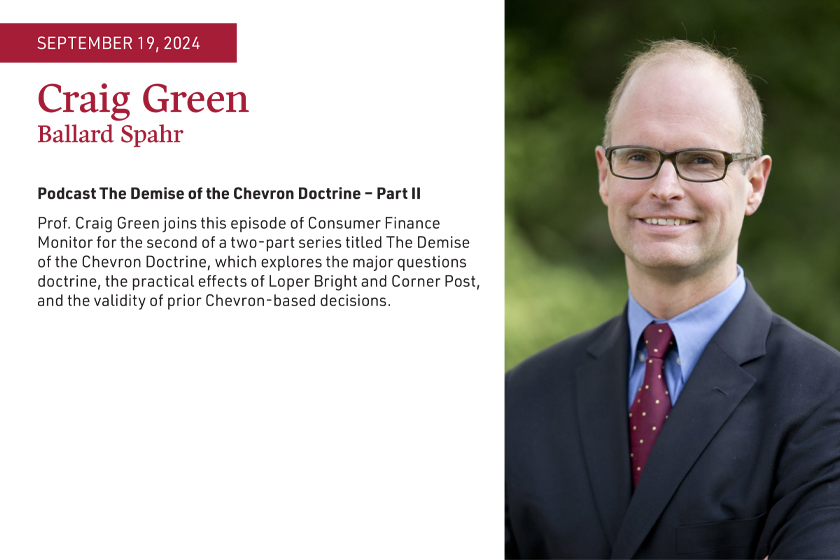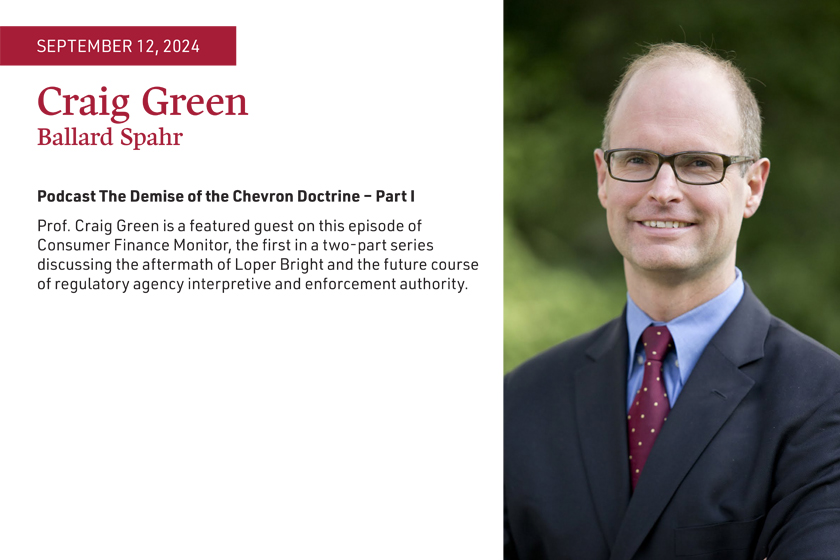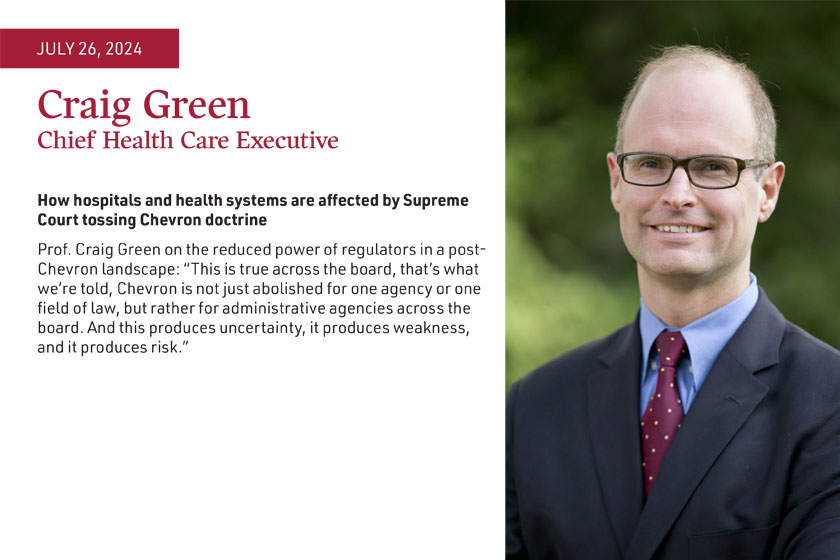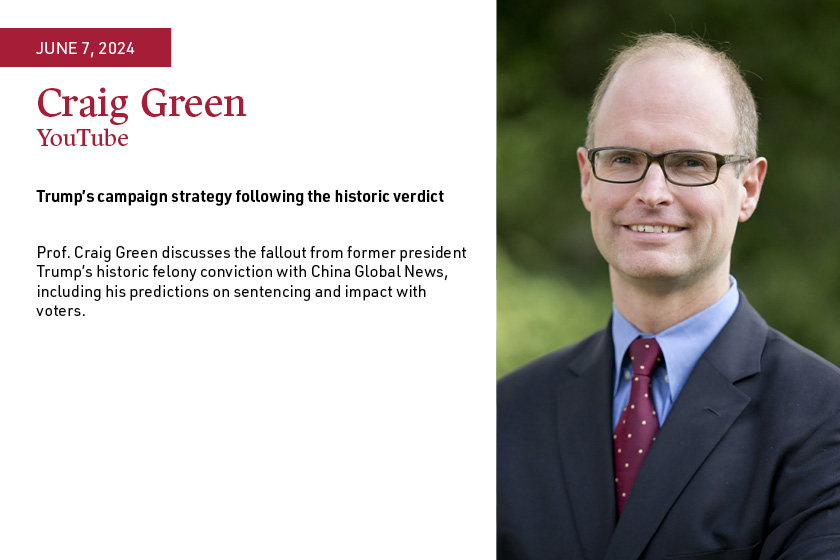Who’s most likely to change (or hyphenate) their name after marriage?
With the SAVE Act before Congress, the Washington Post explored marriage-related name changes in America, finding that the feminist movement of the 1970s preceded a decline in women who followed traditional norms.”The way I would think about the mid-1980s is that law and culture traveled together,” says Prof. Craig Green. “By that time, a larger number of women- in many states – wanted to keep the ir unmarried names. Feminism, sex equality and ideas about modern progress made married- name defaults from the past seem outdated.”

